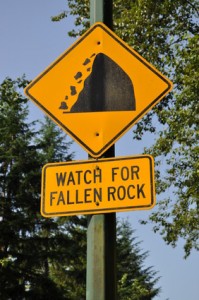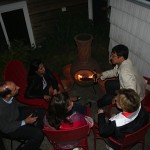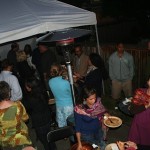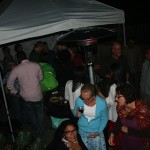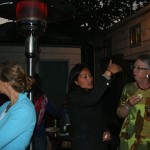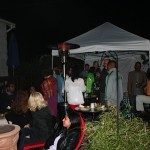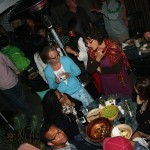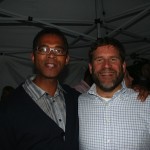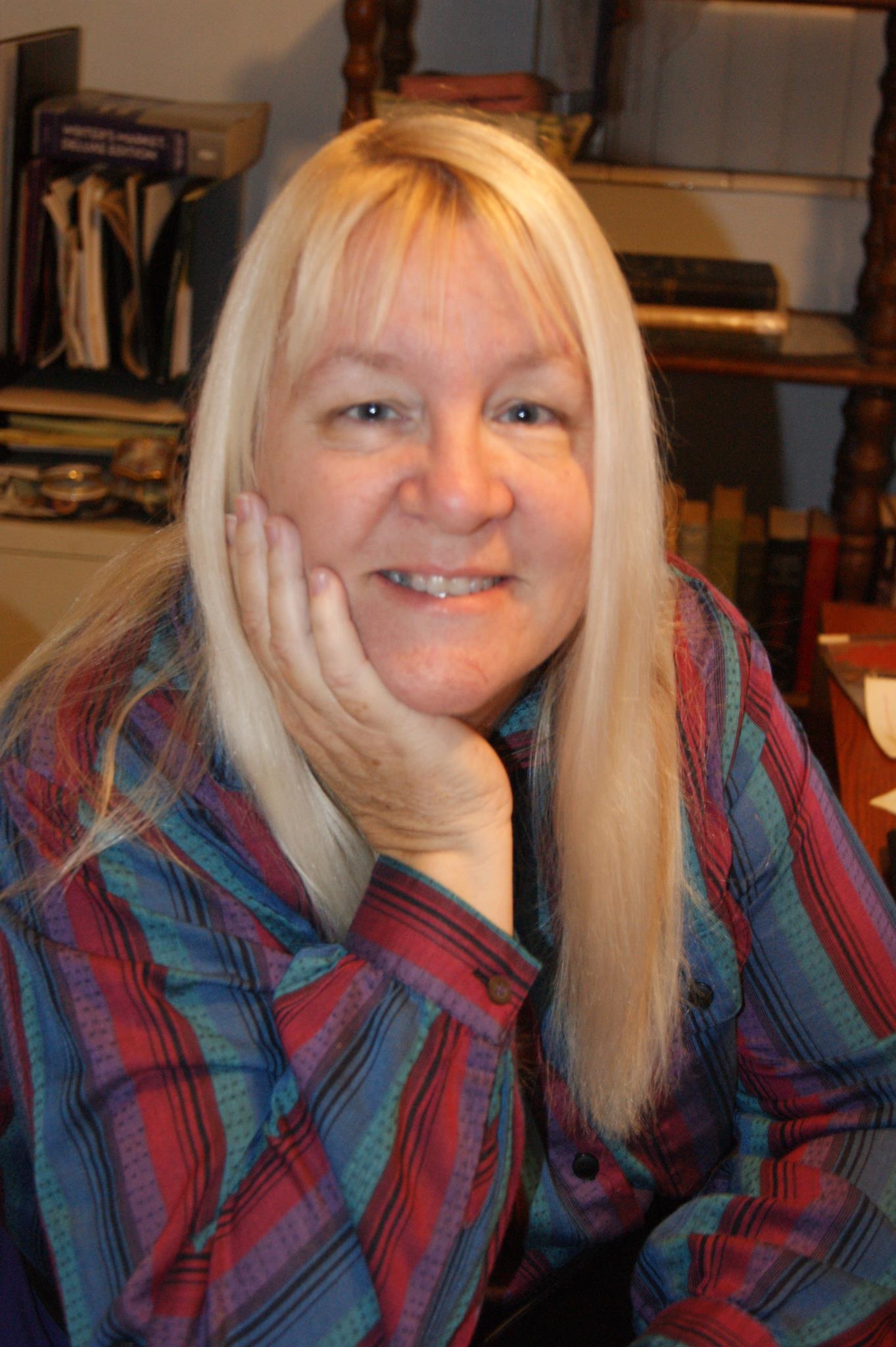 I Want to Thank Debra Easterling for joining us today. Debra has a thriller coming out in October from Champagne Books called TWENTY MILES NORTH OF LVOV. And she’s currently working on a chic lit mystery, which I’m hoping we’ll find out about in our interview.
I Want to Thank Debra Easterling for joining us today. Debra has a thriller coming out in October from Champagne Books called TWENTY MILES NORTH OF LVOV. And she’s currently working on a chic lit mystery, which I’m hoping we’ll find out about in our interview.
Debra, before we get to TWENTY MILES NORTH OF LVOV and your current project, let’s talk a little about you as a writer and a person. I’m always curious about what jazzes creative artists. Where do you find the inspiration for your writing?
I tend to find inspiration in the littlest things. A song, a picture, a line in a book. In Twenty Miles North of Lvov, I had been doing some Judaic research for another book I was writing at the time. I stumbled across information about a concentration camp far worse than Auschwitz. This was the Belzec camp where over 600,000 people died. Not one survived. The article I read, simply stated that this camp was “twenty miles north of Lvov,” in Poland. That particular sentence inspired my book. I had this title before I even wrote the story.
What do you find to be the most challenging thing about being a writer? And how do you cope with that challenge?
Time, or lack thereof. I work a full time job an hour from home and I have a large family, both of which I can’t live without. I have learned how to be an early riser. I write daily from 4:30 to 7:00 a.m. The more I write, the more energy I have for the day ahead. I spend my lunch hours reading about writing and late evenings keeping in touch with the outside world and sending out query letters.
Writing is not all blood, sweat and tears. What do like the most about being a writer?
Coming up with story ideas. I have a notebook where I jot down my story lines. I’m up to 56 plus, so I’ve got plenty of stories within me yet to be created.
It’s always interesting to know what authors read. What are you reading these days? Any favorites?
Since time is a scarcity, I don’t enjoy books I have to study and analyze. I enjoy books I can relax and dip into like a bubble bath. I love stories that are mysteries with just a touch of paranormal, so I love Barbara Michael’s books, Karen White, and Sharyn Mccrumb. That’s not to say I don’t like other genres. I’m rather eclectic in my tastes in both my writing and reading. However, I grew up in the women empowerment days, so the lead female character must be strong. I can’t stand books where the women are too afraid to speak, make up their minds, or stand their ground.
If you could go anywhere, do anything, where would you go and what would you do?
Good question. The possibilities are endless. I think I’d like to travel to Europe and Scandinavia see how many plots I can create. I’d love to take a cruise with my family. Perhaps I could do both.
Barring incriminating yourself for felonious behavior, what’s the craziest thing you’ve ever done?
I’m a pretty laid back kind of a gal. The craziest thing I ever do is go barefoot at work once the boss leaves. But when I was 15, I came up with an elaborate lie about finding an abandoned baby, just to get out of trouble for being late. Hey, they bought it!
Tell us about your current project.
I just finished a mystery/romance/paranormal story called “Thorns on Lovely Roses.” Its about twin sisters raised separately after the murder of their parents. They both have supernatural talents, but neither knew it because these gifts only appear when the sisters are together. Once they find each other, they unlock the mystery of the family mansion, and the memories of their part in the murders. I’m searching madly for representation or publication on this one.
Right now, I’m writing a fictional story which takes place during a true hurricane that passed through Central Florida in 1928 killing over 5,000 people, mostly black migrant workers, and demolishing several towns when the Okeechobee damn collapsed. It’s a mystery/suspense kind of a thing. It has taken me four years of research to write this. Almost as long as the research for “Twenty Miles North of Lvov.”
Your thriller, TWENTY MILES NORTH OF LVOV comes out in OCTOBER. The blurb I saw sounded interesting. Tell us about it.
In 1967, Moshe Brodsky, a renown Nazi hunter, is drawn from retirement when evidence mounts that “The Demon” of the Belzec camp may be killing again, this time in America. Moshe comes to the Florida Everglades to try and find the evil man so he could link the eye-witness stories he has gathered with the evidence that the demon lives in the glades. Moshe sets up his headquarters in the boarding house of Ilsa Michaelski, a Christian Polish immigrant. Moshe does his best to stay focused on his task, however, he finds himself attracted to the shy Ilsa. She is old fashioned and demure, unlike the bold women of the 1960s, and this quality brings out the man in him. He fights his desire, for he as a Jew, must not compromise his beliefs, but his reserve dies a little each time he sees her.
Ilsa, however, hides a secret that her own half-brother had been a German guard. Her brother is currently hitchhiking across the U.S. on his way back to Ilsa’s boarding house. She can’t warn him and she isn’t sure whether she should try. She must decide whether to remain faithful to her brother and deny her feelings toward Moshe, or give in to her love and allow her brother to come face-to-face with a man who could destroy him.
Meanwhile, the real object of Moshe’s search, the Demon of Lvov, has decided he is tired of being hunted, and goes in search of Moshe, and anyone close to Nazi hunter is fair game.
This story has nice helpings of humor and tenderness, however there are several recounts of the horrors of the concentration camps, which may be a bit intense for some. It’s set in the 1960s, so the attitudes of the time are sewn in as well. It combines two of my favorite historic time periods.
Thanks for sharing yourself with us today. I hope everyone will be on the lookout for Twenty Miles North of Lvov in October. May you have great success. Before we finish, is there anything you’d like to add?
I came into writing late in life. My home is rapidly becoming an empty nest, so I decided to put all my daydreams down on paper to keep me sane as I say goodbye to each of my kids. Sometimes it works. I’ve published several short stories, one of which won 7th place at the 78th Writers Digest Annual Short Story Competition. It’s been good therapy.
My website is DebraEasterling.com. I’ve printed some of my short stories to share and I love feedback. I can’t wait to add a link to “Twenty Miles North of Lvov.”
Thank you, Richard. This has been fun.
